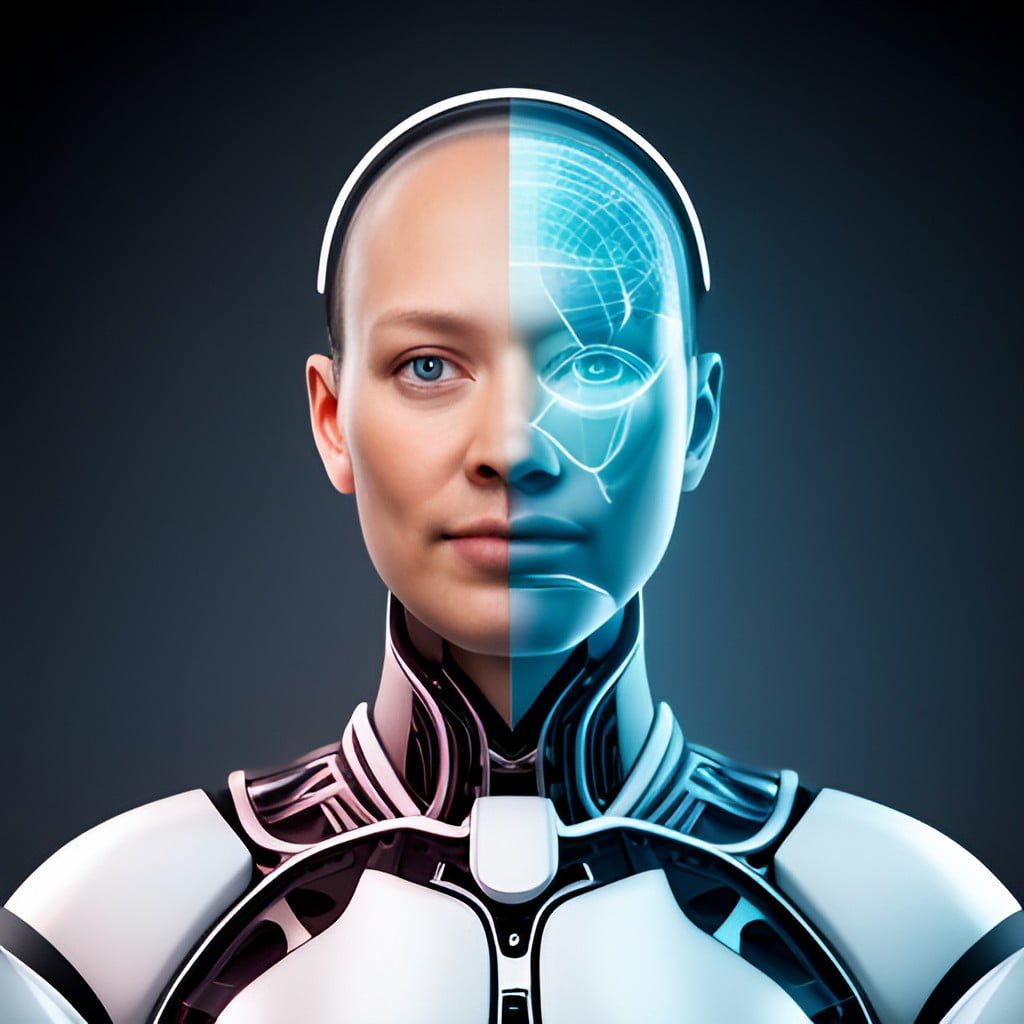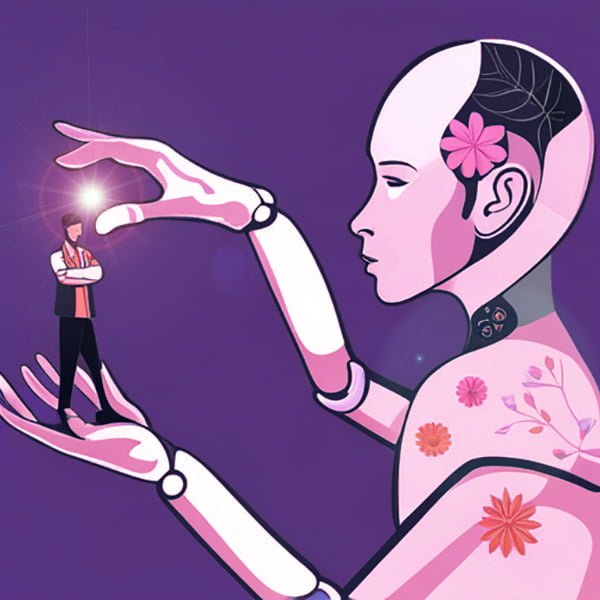Technology and artificial intelligence (AI) have already and are further going to revolutionize the way we live, work, and interact with the world around us. From everyday tasks to complex processes, AI has become an integral part of our society, bringing both advantages and disadvantages.
Advantages of AI
AI has made significant advancements in various fields, including healthcare, transportation, and communication. It has improved efficiency, accuracy, and productivity in many industries. For example, AI-powered robots can assist in surgeries, reducing the risk of human error and improving patient outcomes. AI algorithms can analyze vast amounts of data to identify patterns and make predictions, leading to better decision-making and problem-solving.

Disadvantages of AI
There is a whole Gamut of opening about disadvantages from some mild ones to the doomsday scenario resulting extermination of the Human species.
in the short to midterm future, the rapid development of AI also raises concerns. One major issue is the potential displacement of jobs. As AI becomes more sophisticated, there is a fear that it will replace human workers, leading to unemployment and economic inequality.
Additionally, there are ethical concerns surrounding AI, such as privacy invasion and bias in decision-making algorithms.

The current view on Medium to long-term influence of Ai depends upon individual views of positivity or doomsday.
One of the scenarios will be the Creation of a new species (questionable to call it a species in real terms) by Ai combining with Humans
The Learning Curve of AI
Another aspect to consider is the learning curve of AI. While AI systems can be trained to perform specific tasks, they still require human intervention and supervision. The complexity of developing AI technologies and the need for continuous updates and improvements pose challenges for individuals and organizations.
In conclusion, technology and AI have brought about significant changes in society. The advantages of AI, such as improved efficiency and artificial intelligence (AI) are changing the game in terms of how machines can learn and process information.
By utilizing machine learning algorithms, AI can analyze vast amounts of data and develop insights that would take humans much longer to uncover. This means that AI is constantly improving and enhancing its capabilities, creating an unprecedented learning curve that humans are still trying to keep up with. The importance of this learning curve cannot be overstated, as it has the potential to transform the way we live, work, and interact with technology. From healthcare to finance, AI is already revolutionizing various industries and creating new opportunities for innovation in the future.
Understanding how AI is learning and its implications for human learning is crucial for staying ahead of the curve in the age of machines. and decision-making is undeniable.However, we must also address the potential disadvantages and ethical concerns associated with its implementation. As we navigate the evolving landscape of technology and AI, it is crucial to strike a balance between innovation and the well-being of society.
